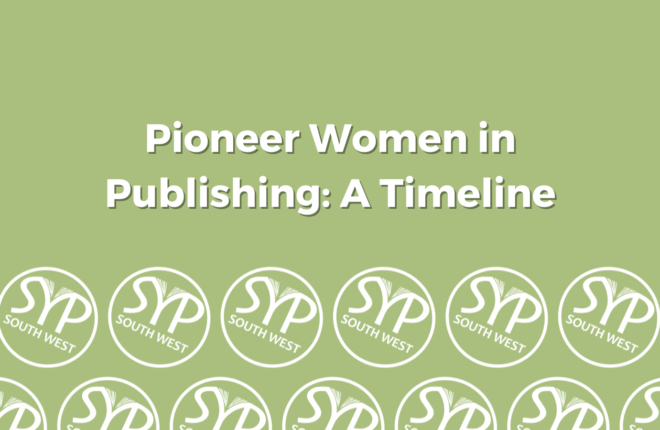
Equality, Diversity and Inclusion in Publishing Hiring
Posted on July 14, 2023 in South West
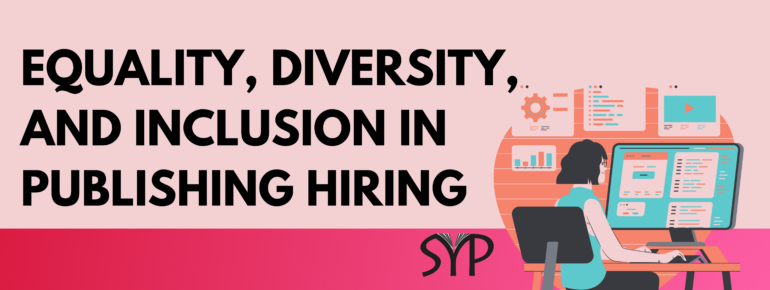
Despite significant strides in recent years, social factors such as race, class and gender remain a barrier to entering and progressing through the publishing industry. A 2022 study by the Publishers Association found that whilst those from higher socio-economic backgrounds and those with a private school or degree-level education were overrepresented in the industry, those from ethnic minority groups remain underrepresented compared to the national average. Further, 79% of respondents were located in London and the South East. Equality, diversity, and inclusion (EDI) policies, aiming to ensure fair treatment and equality of opportunity for all regardless of their background, are therefore an important way to build a more just publishing industry.
This blog post will focus on EDI in hiring processes for those looking to enter the publishing industry, or in the early stages of their career. Though it does not provide an exhaustive list of the many EDI initiatives out there, it highlights what to look out for when researching and applying for jobs.
Internships and traineeships
Many publishers now offer internships and traineeships designed to involve people from underrepresented backgrounds in the publishing industry. These can be a great opportunity to gain hands-on experience whilst earning, with different schemes offering experience in different parts of the industry.
For example, Penguin Random House’s The Scheme, offers paid 6 month traineeships for people who self-identify as from a lower-socio economic background or a Black, Asian, or Minority Ethnic (BAME) community. Meanwhile, the HarperCollins Traineeship offers those from BAME backgrounds a 12-month traineeship, working across all departments, and prioritises those that score highly in the recruitment process for new entry-level jobs.
Mentoring schemes
Also keep an eye out for mentoring schemes, which can be a great way to build your knowledge and connections in publishing, both before entering the industry and when looking to progress in it. Mentors can help you understand how the industry works, what employers are looking for in applications, and how to make the most of your experiences.
The SYP has its very own mentoring schemes, offering personalised and structured guidance from publishing experts over a 6 month programme. Many publishing houses will also offer mentoring schemes, with mentors drawn from across the business – for example. Penguin Random House offers a 12-month mentorship programme, open to anyone over 18 and focusing on those under-represented in publishing, for example in terms of ethnicity, socio-economic background or disability. You may also be able to access more informal mentoring through any contacts you may have in the publishing industry, through work, education or social ties.
Geographic location
With many publishing jobs concentrated in London and the South East, applicants from beyond these areas can face a difficult choice between struggling to find jobs near home, and moving away to increase the jobs available to them. Financial support is available for those seeking to move for work – The Book Trade Charity offers subsidised accommodation for those in their first and second publishing jobs. Further, The Spare Room Project matches interns and job seekers from outside London with industry professionals who can offer them a place to stay, helping to ease accommodation costs for attending interviews and internships.
Many publishers may also operate on a remote basis, or on a hybrid working model, split between in-office and remote work. When applying for a position, it can be a good idea to discuss this with the hiring manager or at your interview, to gain a better idea of whether these policies would work for your situation.
EDI at interviews
Under the Equality Act 2010, employers have a duty to provide reasonable adjustments at job interviews – that is, to change their interviews and tests when possible to ensure that someone’s disability does not put them at a disadvantage, for example through increasing the time given to complete assessments or providing interview questions in advance. Make sure to exercise your right to implement these!
Some publishers will offer to reimburse the cost of travel to interviews – make sure to read through all information sent to you to make the most of this and don’t be afraid to double check with interviewers before booking your travel.
Also look out for the methods publishing houses use to shortlist and assess applicants. Procedures such as blind hiring (where personal information on applicants e.g. their gender, race, whether and where they went to university is removed from their applications during the assessment process) can reduce unconscious bias and increase the diversity of successful applicants.
There are of course many further EDI initiatives and policies not mentioned here that can greatly aid those currently underrepresented in the industry, and EDI initiatives do not (and should not!) stop once the hiring process has concluded. Make sure to keep an eye out for any newly announced schemes through channels such as The Bookseller or the SYP’s own newsletters and social media channels!
References
‘Diversity survey of the publishing workforce 2021’, Publishers Association (2022) – https://www.publishers.org.uk/publications/diversity-survey-of-the-publishing-workforce-2021/

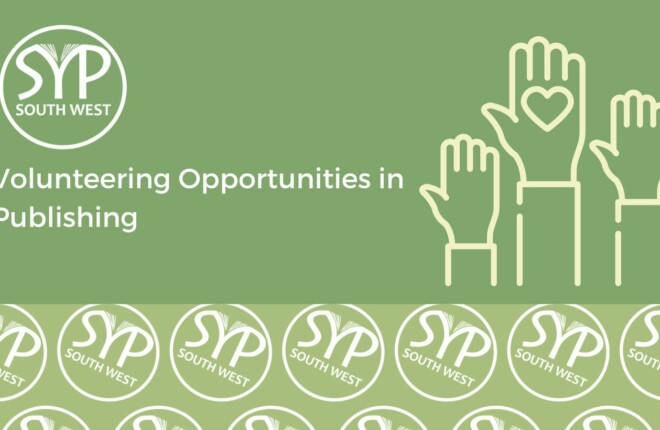
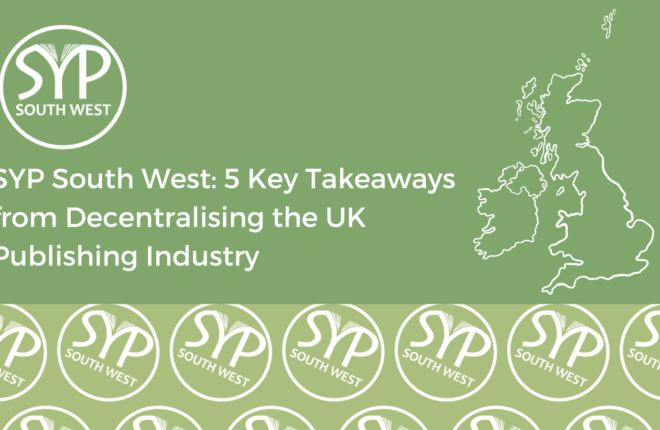
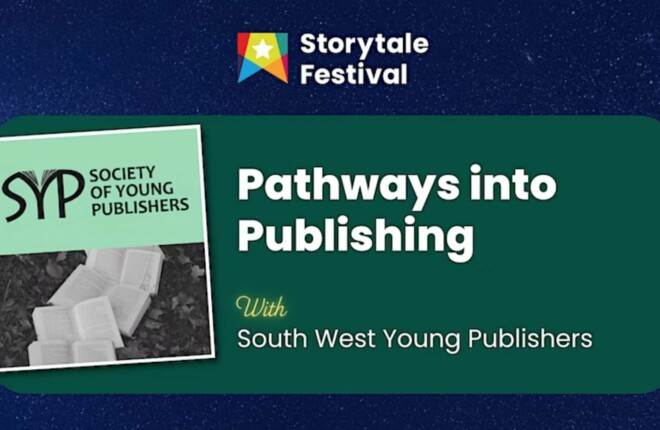
 Listen to the podcast
Listen to the podcast  Explore the Youtube channel
Explore the Youtube channel